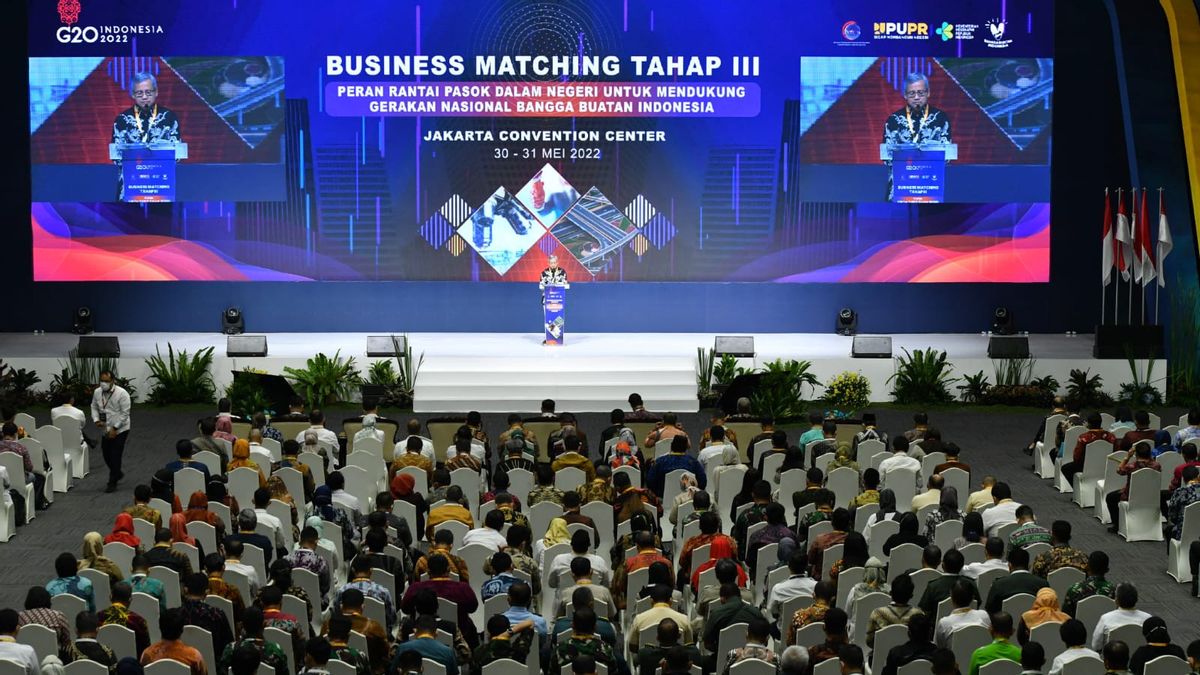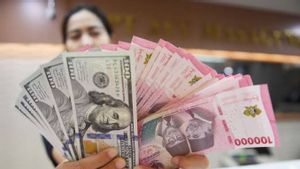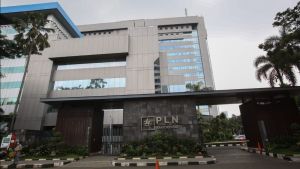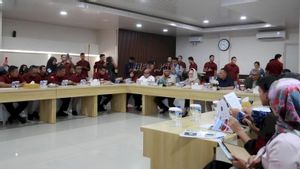JAKARTA - Business Matching Phase III was held again as an effort to continue to increase the use of domestic products (PDN), especially from micro, small and medium enterprises (MSMEs).
Organizing this event is the government's effort to ensure that the supply chain of domestically produced medical devices (alkes) can increase significantly, so that they do not depend on imported medical devices.
The implementation this time is a continuation of stages I and II which have succeeded in capturing trillions of rupiah in commitment to spending from the government, central, regional and State-Owned Enterprises (BUMN).
Secretary General of the Ministry of Health (Kemenkes), Kunta Wibawa Dasa Nugraha, hopes that the Business Matching activity this time can produce several solutions in the form of policies and strategic steps, to support the product supply chain efficiently and effectively to increase the use of domestic products, especially medical equipment.
"So not only from the demand side, but from the other side we must strengthen it," said Kunta Wibawa Dasa Nugraha at the Phase III Business Matching event with the theme 'The Role of Domestic Supply Chains to Support the Proudly Made in Indonesia National Movement (BBI)', in Jakarta Convention Center, Monday, May 30.
Kunta Wibawa admitted, specifically in the health sector, the supply chain for domestic medical and pharmaceutical products needs to be improved.
The effort was made not only on improving the way of packaging (packaging) to compete.
However, gradually, the Ministry of Health encourages domestic products to go upstream.
One way is to support the increased availability of local integrated raw materials for the national pharmaceutical and medical equipment industry.
"So from upstream to downstream we must strengthen," said Kunta Wibawa.
Kunta said that the preparation of the phytopharmaceutical formulary was another commitment from the government through the Ministry of Health to realize national health resilience and independence in the pharmaceutical sector.
The reason is, natural raw materials for medicines are widely available in Indonesia.
For your information, phytopharmaceuticals are traditional medicines from natural ingredients whose manufacture is standardized and meets scientific criteria. The development of phytopharmaceuticals is based on the availability of natural raw materials that have a lot of diversity in Indonesia.
Kunta said, fitofarmaka belongs to traditional medicine as well as standardized herbs and herbal medicines. The safety and efficacy of phytopharmaca is scientifically proven through preclinical and clinical trials, raw materials and products have been standardized.
"Phytopharmaceutical products are products based on natural ingredients that have been clinically tested and standardized," he explained.
According to Kunta, this product is one of Indonesia's strengths because it is an innovation carried out by the national pharmaceutical industry to meet domestic needs in preventive and promotive health services.
"With the condition of the COVID-19 pandemic that has not ended and the global economy is still filled with uncertainty, the government needs to continue to strive for accelerating purchases of national determination, increasing the use of domestic products accompanied by strengthening the role of the MSME sector," said Kunta.
Of course, this effort, Kunta continued, requires synergy and support from various parties so that it becomes an energy injection for the government to continue to strive to realize national ideals towards a better and more advanced Indonesia.
The English, Chinese, Japanese, Arabic, and French versions are automatically generated by the AI. So there may still be inaccuracies in translating, please always see Indonesian as our main language. (system supported by DigitalSiber.id)













